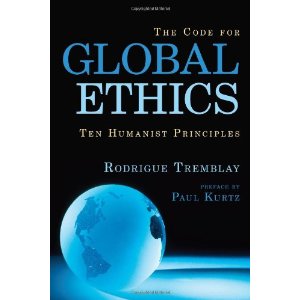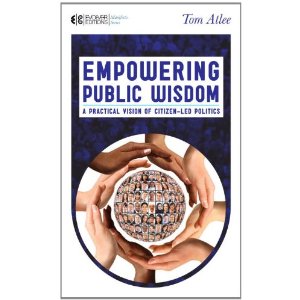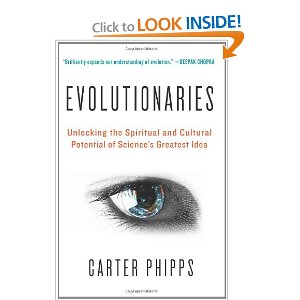
Rodrique Tremblay
5.0 out of 5 stars Humanist Manifesto Slams Religions, Foundation for Reflection, December 22, 2012
I bought this book on the recommendation of Pierre Cloutier in Quebec, and very deliberately as the first book to read on 22 December 2012 as Epoch B begins (see graphic above with book cover).
Across the entire book are what I now call E to the 5th: Empathy, Ethics, Ecology, Education, and Evolution. The bottom line of the book is clear: abandon religions as selective (and generally exclusionary) arbiters of morality, each severely hypocritical in having one morality for insiders and another for “others” (infidels, shiksas, whatever the name, moral disengagement is the rule and genocide is often the result).
When addressing really important books, I read the notes, bibliography, and index first. The notes are a second book — these are not normal cryptic notes, each note is a short exposition, and any reading of the book is incomplete without a reading of the notes. The bibliography is extraordinary, and my attention was immediately drawn to the authors honored with three or more books being cited: Karen Armstrong, Mario Bunge, Charles Darwin, Richard Dawkins, A.C. Graylink, Robert Ingersoll, Immanuel Kant, Hans Kung, Paul Kurtz, John Rawls, Peter Singer, Baruch SPinoza, E. O. Wilson, and Robert Wright. Among them Kurtz, Singer, and Wright are central. Roughly 1,000 books are listed by title in the bibliography.
Continue reading “Review: The Code for Global Ethics: Ten Humanist Principles”







